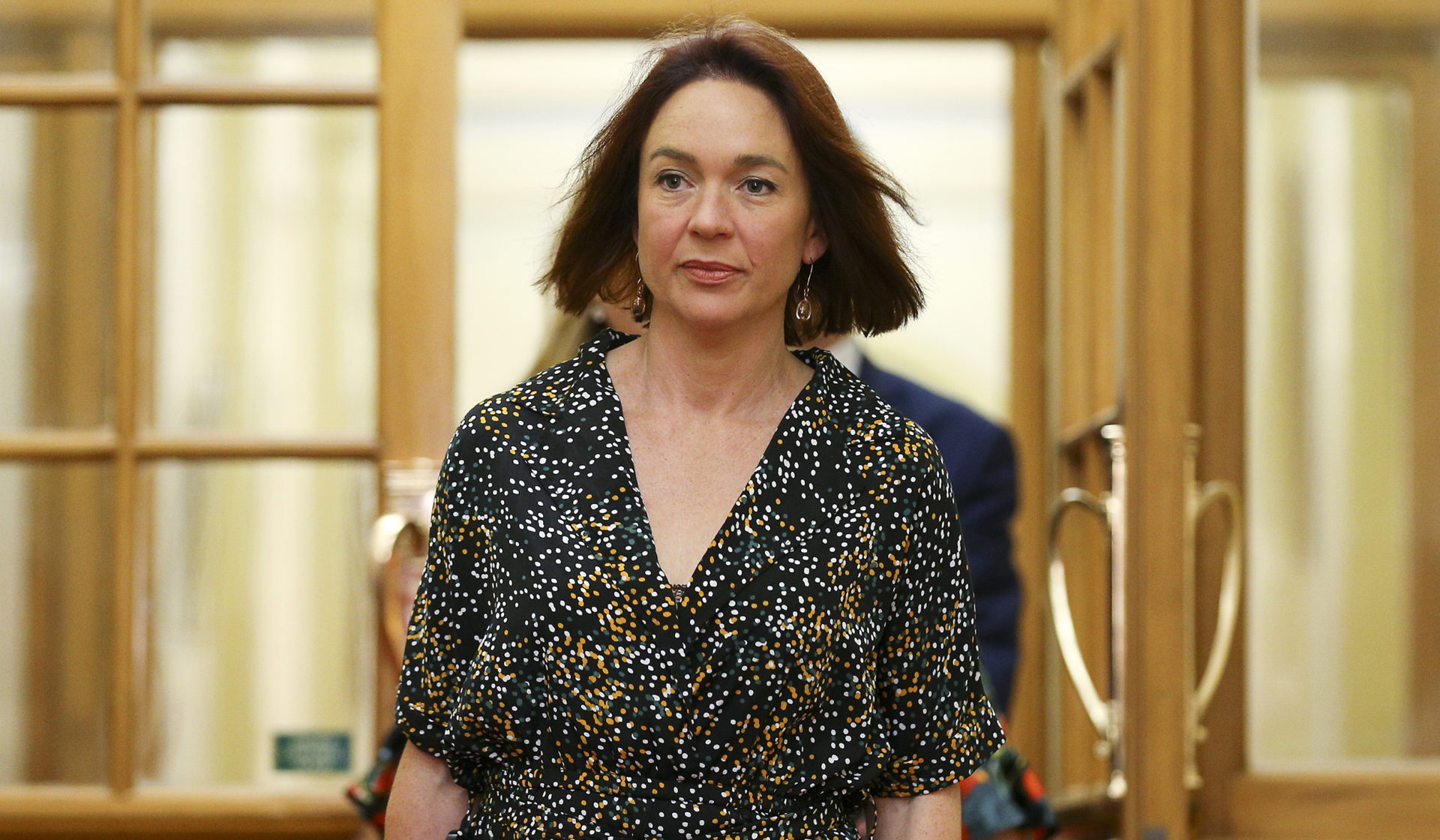New Zealand’s parliament has passed legislation giving mothers and their partners the right to paid leave following a lost pregnancy.
On Wednesday, New Zealand’s parliament unanimously approved legislation giving couples the right to three days of paid leave following a miscarriage or stillbirth in an effort to promote greater openness about lost pregnancies.
The bereavement allowance will mean that employees don’t have to tap into their allocated sick leave in these circumstances, putting the country – which is already a pioneer on issues regarding women’s rights – at the forefront of those providing such benefits.
Expected to become law during the next month, it’s an expansion of a measure that’s already in place which requires employers to provide paid leave in the event of a lost foetus at 20+ weeks.
https://twitter.com/LucyHockingsBBC/status/1375088950197563398
The provisions will be for mothers, their partners, and parents planning to have a child through surrogacy. India is the only country across the globe with similar active legislation, the likes of which stipulates women are entitled to six weeks’ leave if they miscarry.
‘The passing of this bill shows that once again New Zealand is leading the way for progressive and compassionate legislation,’ says Labour Party MP Ginny Andersen, who initiated the bill.
‘It will give women and their partners time to come to terms with their loss without having to tap into sick leave because their grief is not a sickness, it is a loss. And loss – both physical and psychological – takes time.’
Final reading of my Bereavement Leave for Miscarriage Bill. This is a Bill about workers’ rights and fairness. I hope it gives people time to grieve and promotes greater openness about miscarriage. We should not be fearful of our bodies. pic.twitter.com/dwUWINVjLm
— Ginny Andersen (@ginnyandersen) March 24, 2021




















